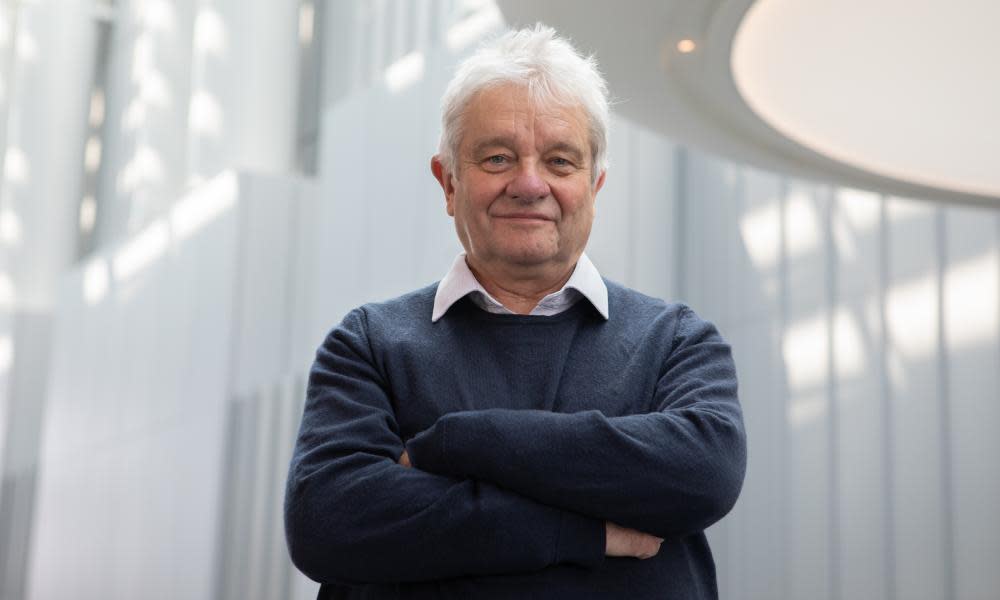UK government 'thwarting independent labs' efforts to step up Covid-19 testing'

One of the UK’s most senior scientists has strongly criticised the government’s approach to coronavirus testing, saying it is too slow, too centralised and stifles efforts to protect the most vulnerable.
Sir Paul Nurse, the Nobel laureate and director of the Francis Crick Institute in London, said independent laboratories could provide up to 100,000 tests a day – a third of the UK’s current testing capacity – with government support.
Nurse told BBC Radio 4’s Today programme: “I think it has to be a different approach from the centralised labs. Not substituting for them but additional to them … It has to be better joined up, which is not the strategy we have at the moment.”
Ministers have faced searing criticism of the testing strategy after a huge data blunder resulting in nearly 16,000 coronavirus cases being left off the system, meaning up to 50,000 of their close contacts were not told they had to self-isolate.
Nurse, a Nobel prize-winning geneticist, said the Francis Crick Institute was providing thousands of tests for 10 hospitals and 90 care homes in London but that attempts to scale up its output had been thwarted by the Department of Health and Social Care.
Related: Sir Paul Nurse: 'The UK has taken a leap several decades into the past'
He said: “The NHS has just asked the Crick to up our output to 10,000 tests a day – 50-60,000 a week. We can easily do that but we need equipment. When we try to buy the equipment we’re told we can’t buy it because it’s all earmarked for the Lighthouse labs. The NHS wants us to up our game but then the Department of Health puts blocks in the way that prevent us from doing it.”
Nurse said the Crick’s laboratory was staffed mostly by volunteers “who have a sense of civic duty” and that all of its test results were returned to patients within 24 hours, most within 12 hours. At the government’s Lighthouse laboratories only 38% of in-person tests were returned within 24 hours in the most recent week for which figures are available.
Nurse, the former president of the Royal Society, said said the health secretary, Matt Hancock, “needs to look at what’s happening on the ground”.
He said: “We cannot buy the equipment because we’re told it has to go to the Lighthouse labs. We’re also hearing all the time anecdotal evidence how those that work in hospitals do not get tested and this includes everybody, those with or without symptoms.”
He said the Lighthouse labs were needed but that smaller laboratories could provide “up to 100,000 tests [a day] with a much more efficient turnaround but they need to be encouraged, they need to get support”.
He added: “The big Lighthouse labs do have capacity but they have long lines of communication, they don’t always work optimally, and they can be too slow and get plagued by false positives, false negatives and the like.”
The Guardian revealed last month that the government’s Lighthouse labs were were stretched to capacity in late August – before the September surge in demand – and that they had sought help from the NHS to process all the Covid test samples coming in.
The government has pledged to ramp up its antigen testing capacity to 500,000 a day by the end of October, up from 310,000 currently.

 Yahoo News
Yahoo News 
